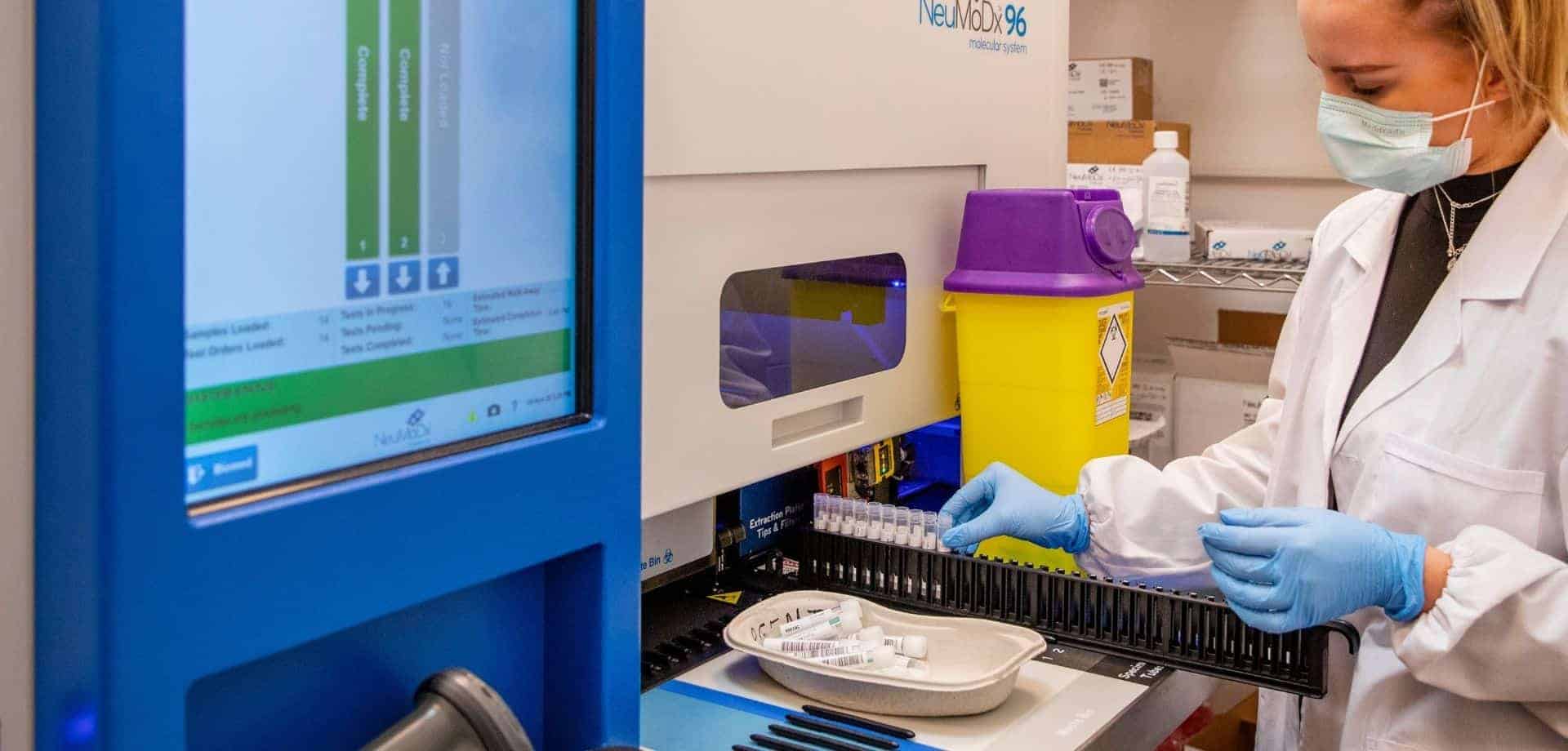Tag: China
Covid-19 Statistics:
UK: Public Health England
Worldwide: The Johns Hopkins Center
Coronavirus Testing:
Covid-19 testing is available at Fleet Street Clinic, including PCR testing for active infection, antibody testing for confirmation of past infection and PCR testing for travel purposes including travel certificate.
Samples can be collected in-clinic, during a home from the nurse or using a self-sample home testing kit.
For more information:
Alternatively, please call our reception team on +44 20 7353 5678 to see which option is most appropriate for your current circumstance.
Virtual GP Appointments:
If you have symptoms of coronavirus (a high temperature or a new, continuous cough), please do not leave your home. That includes coming into the clinic, any other GP surgery, a pharmacy or a hospital.
We’d suggest you can book a virtual GP appointment with one of our doctors. You can discuss your health concerns and symptoms by telephone or video call.
Alternatively, you can use the NHS 111 online coronavirus service. If you are experiencing life-threatening symptoms, always call 999 for an ambulance.
If you have symptoms you should self-isolate for 7 days. If you live with someone who has symptoms, you’ll need to self-isolate for 14 days from the day their symptoms started. This is because it can take 14 days for symptoms to appear. More details about self-isolation can be found here.
For further information about coronavirus (COVID-19) or read answers to common questions about it.
How to stop the spread of Coronavirus:
- Wash your hands with soap and water often – do this for at least 20 seconds
- Use hand sanitiser gel if soap and water are not available
- Wash your hands as soon as you get back home
- Cover your mouth and nose with a tissue or your sleeve (not your hands) when you cough or sneeze
- Put used tissues in the bin immediately and wash your hands afterwards
- Do not touch your eyes, nose or mouth if your hands are not clean
Recommended information sources:
Gov.uk: For the latest guidance about coronavirus (COVID-19) for health professionals, businesses, schools and other organisations.
Public Health England: For the latest information about the situation in the UK, along with guidance for what to do if you think you’re at risk. You can sign up for email alerts from PHE concerning coronavirus updates here.
NaTHNaC: For travel health advice for travellers to countries/areas affected by COVID-19
World Health Organization (WHO)
__________________________
Our Medical Director and Travel Specialist Dr Richard Dawood, has been at the forefront of the conversation, sharing insight and opinions as the pandemic unfolds:
2021:
The Telegraph: Vaccine passports for travellers ‘unavoidable’
The Guardian: Vaccine passports ‘essential’ for resumption of international travel
The Sun: Covid vaccine questions answered – from when you can hug again to delaying 2nd dose
2020:
Times letters: Strategy for combating the coronavirus
The Telegraph: Staycations to face masks – 5 ways coronavirus could change the way we travel
The Telegraph: Why flying can make you ill – and how to stay healthy on board a plane
CNN Travel: Travel and the coronavirus pandemic: Everything you need to know
CNN Health: 7 of your latest coronavirus questions, answered
Express: Coronavirus: When will it end? Experts reveal if virus could die off in warmer weather
Express: Coronavirus protection: Best way to prevent the deadly virus spreading through the eyes
2019:
Mirror: Everything you need to know about flu jabs and why you should get one before Christmas
Please note: All information stated is correct at time of posting.
A new medical paper in Lancet Infectious Diseases has highlighted some of the countries at the highest risk for a major Zika virus outbreak. The study looked at air traffic between countries in the Americas, where Zika is already established, and places in Africa and Asia where the Aedes mosquitoes, the mosquitoes that can spread Zika, are most prevalent. The study also took other factors into account such as seasonality of transmission, population density, and economics to come up with a “hit list” of countries where Zika could potentially have the biggest impact.
Countries with larger volumes of travellers arriving from Zika virus-affected areas of the Americas and large populations at risk include:
- India (67,422 travellers arriving per year; 1.2 billion residents in potential Zika transmission areas)
- China (23,8415 travellers arriving per year; 242 million residents in potential Zika transmission areas)
- Indonesia (13,865 travellers arriving per year; 197 million residents in potential Zika transmission areas)
- The Philippines (35,635 travellers arriving per year; 70 million residents in potential Zika transmission areas)
- Thailand (29,241 travellers arriving per year; 59 million residents in potential Zika transmission areas).
Of the countries with the largest at risk populations, the authors suggested that India, the Philippines, Indonesia, Nigeria, Vietnam, Pakistan, and Bangladesh might be most vulnerable to impact because of their limited per capita health resources.
Dr Richard Dawood, Medical Director and co-founder of the Fleet Street Clinic, discussed the paper with one of its authors, as well as the current situation faced by travellers, on the Victoria Derbyshire programme on BBC2 on 2nd September.
“We have always known Zika could spread everywhere Aedes mosquitoes abound,” Dr Dawood told the programme. “This study tells us about the seasonality of risk of spread, and when/where it might take root, but does not model travel/risk of spread within Africa or Asia – so more studies are still needed.”
The study’s publication coincided with the arrival of Zika in Singapore – a major hub for Asian travel and Malaysia, with clear implications for further spread. With this news came the new evidence that Aedes aegypti mosquitoes are capable of passing the infection on to their offspring.
There is currently no vaccination available for the Zika Virus. If you have any questions and would like some more information and advice, please contact the Fleet Street Clinic on 020 7353 5678 or you can book a travel consultation appointment.




